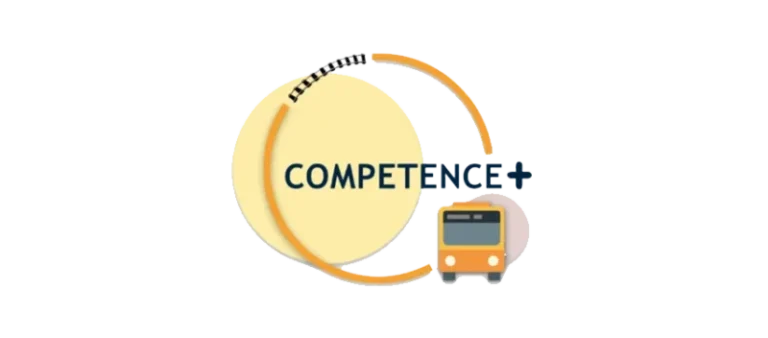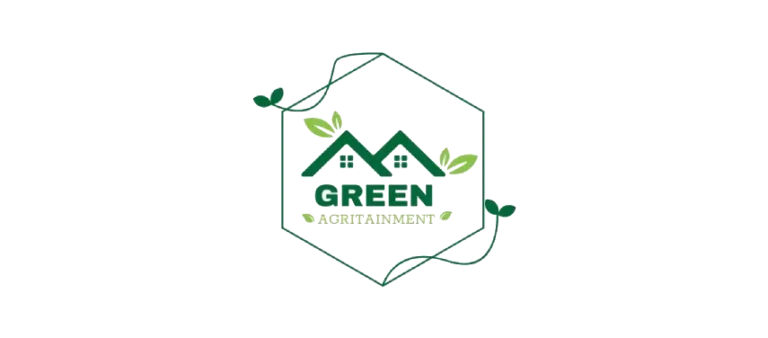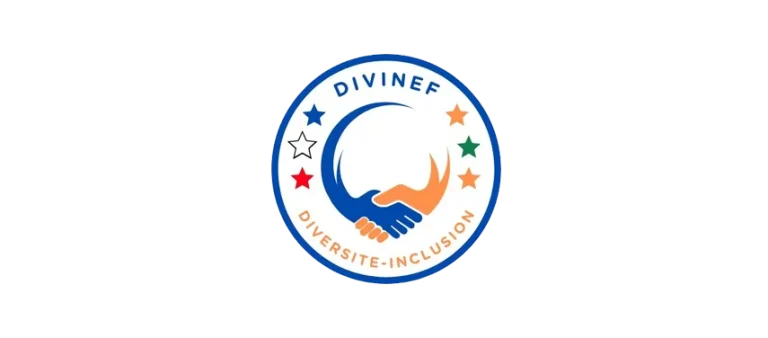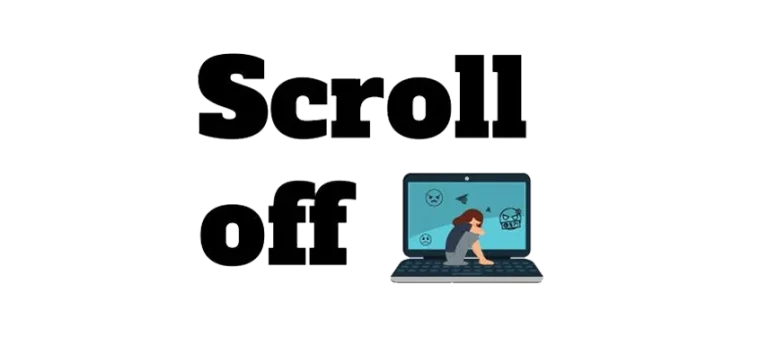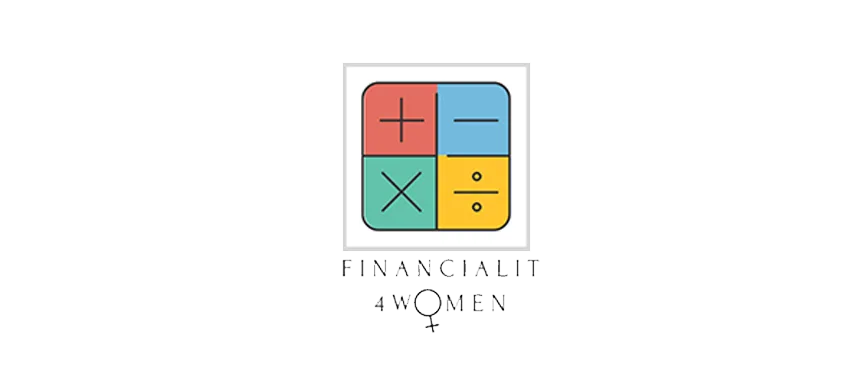
FINANCIALIT 4 WOMEN
Improving Financial Literacy For NEET Women Through Game-Based Learning
Financial literacy is the education and understanding of knowing how money is made, spent, and saved, as well as the skills and ability to use financial resources to make decisions. It is the ability to understand and properly apply financial management skills.
Effective financial planning, properly managing debt, accurately calculating interest, and understanding the time value of money are characteristics of being financially literate. Even though financial literacy is crucial to successful “adulting,” it is not normally included in the school curricula. People who have undertaken financial literacy courses seem to have the ability to make wise financial decisions.
Plus, they are much more likely to successfully save money, budget wisely and invest smarter. The level of financial literacy affects quality of life significantly. It affects ability to provide for yourself and family, your attitude to money and investment, as well as your contribution to your community.
Financial literacy enables people to understand what is needed to achieve a lifestyle that is financially balanced, sustainable, ethical and responsible. It also helps entrepreneurs leverage other people’s money for a business to generate sales and profits. Empirical evidence suggests financial literacy’s positive impact on financial behaviour and financial status in a number of behavioural domains.
Financially-literate individuals do better at budgeting, saving money, and controlling spending (Moore, 2003; Perry and Morris, 2005); handling mortgage and other debt (Campbell, 2006; Lusardi and Tufano, 2009); participating in financial markets (Van Rooij, Lusardi et al., 2011; Christelis, Jappelli et al., 2010; Yoong, 2010); planning for retirement (Lusardi and Mitchell, 2007a; Lusardi and Mitchell, 2008); and ultimately, successfully accumulating wealth (Stango and Zinman, 2009). It becomes clear that these skills are vitally important; yet, many individuals lack this basic knowledge and consequently are unable to meet their daily expenses.
When it comes to financial literacy there is a gender pay gap. In 2018, the highest gender pay gap in the EU was recorded in Estonia (22.7 %).The 2019 Women, Money, and Power Study, commissioned by Allianz Life Insurance Company, found that, while the past several years have put a spotlight on female empowerment, women are struggling to make progress with financial literacy.
Further evidence suggests that women tend to have lower levels of financial knowledge. Women are also shown to be relatively less financially skilled than men along several dimensions. Such gaps represent fundamental problems for social equity, with several important follow-on implications.
Establishing and protecting economic empowerment on an equal basis for men and women has been recognised both as a basic human right and as an issue for policymakers. Indeed, women’s empowerment is seen as a Call 2020 Round 1 KA2 – Cooperation for innovation and the exchange of good practices KA204 – Strategic Partnerships for adult education Form ID: KA204-B5DC8147 Deadline (Brussels Time) 2020-04-23 12:00:00 EN 2 / 216 “prerequisite for sustainable development, pro-poor growth and the achievement of Sustainable Development Goals.
Additionally, there is a considerable gender gap in relation to the proportion of people who fall into the NEET (Not in Education, Employment, or Training) group. In 2017, about 21.5 % of women (aged 20–34) in the EU were NEETs, while the corresponding share among men was about half, at 13.0 %.
Therefore for women to achieve true empowerment, it is imperative to close the financial literacy gap.
Project Objectives
Having as a target group NEET women, partners from Estonia, Cyprus, France, Greece, Ireland and UK propose “FinanciaLit4Women: Improving financial literacy for NEET women through game-based learning” Erasmus+ strategic partnership project with the following objectives:
• To design, test and publish an innovative training package for adult education trainers, which will guide and support them in training NEET women in financial literacy.
• To deliver training courses and train adult educators in financial literacy, to deliver these courses to a target group of NEET women, in order to amplify and perpetuate the ripple effect of those courses.
| Organization Name | Country |
|---|---|
| EESTI PEOPLE TO PEOPLE | Estonia |
| STANDO LTD | Cyprus |
| MITRA FRANCE | France |
| IKKAIDO LTD | United Kingdom |
| Ikkaido Inclusive Martial Arts | Ireland |
| Innovation Hive | Greece |
Disclaimer: This project has been funded with support from the European Commission. This publication reflects the views only of the author, and the Commission cannot be held responsible for any use which may be made of the information contained here.



